The Ultimate Guide to Zero-Calorie and Sugar-Free Beverages: Stay Healthy and Hydrated

Staying hydrated is vital to overall health. But many popular beverages for staying hydrated contain sugar and empty calories that can cause weight gain and other health issues.
If you aim to lose weight, control your blood sugar levels, or make healthier choices, knowing which beverages offer hydration without the added calories and sugars can make a significant difference.
In this post, we’ll explore the benefits of zero-calorie and sugar-free beverages, the different types available, how to identify them, as well as tips for maintaining hydration. This guide is especially useful for individuals on weight loss journeys, those managing diabetes, fitness enthusiasts, and anyone seeking healthier drink alternatives.
Overview of zero-calorie and sugar-free beverages
Zero-calorie and sugar-free beverages contain minimal to no calories and are free from added sugars. Specifically:
- Zero-calorie drinks contain no calories at all. They might use artificial sweeteners or other ingredients that don't contribute to caloric intake.
- Sugar-freedrinks have no sugar but might still contain calories from other sources like carbohydrates or fats.
Zero-calorie and sugar-free beverages are designed to provide hydration without the extra calories and sugar that can result in weight gain and many other health issues. These beverages include a variety of options, such as water, flavored water, diet sodas, and sugar-free teas.
Benefits of zero-calorie and sugar-free beverages

Opting for zero-calorie and sugar-free beverages comes with several benefits with a significant impact on your overall health. These include:
1. Support for effective weight management
Zero-calorie and sugar-free beverages play a crucial role in weight management. You reduce your overall calorie intake by replacing high-calorie, sugary drinks with these healthier alternatives.
This helps create a calorie deficit necessary for weight loss and maintenance. This simple adjustment can contribute to more effective weight control and prevent unwanted weight gain.
2. Better blood sugar control for diabetics
For individuals managing diabetes or prediabetes, zero-calorie and sugar-free beverages provide a safe alternative to sugary drinks that can spike blood glucose levels.
Since these beverages do not affect blood sugar, they help with blood sugar regulation, making them a valuable choice for diabetes management and reducing the risk of hyperglycemia.
3. Enhances dental health
Sugar is one of the main causes of tooth decay and cavities. This is because it feeds harmful bacteria in the mouth.
Zero-calorie and sugar-free beverages eliminate the risk of these dental issues by not containing sugars that can damage teeth. Thus, choosing these drinks helps protect your dental health and reduce the likelihood of cavities and other oral problems.
4. Improved hydration without extra calories
Staying hydrated helps numerous bodily functions, including digestion, temperature regulation, and nutrient absorption.
Zero-calorie and sugar-free beverages, especially those with added electrolytes, ensure you stay hydrated without contributing extra calories that may negatively impact your health. This is particularly beneficial during exercise or hot weather, ensuring you stay well-hydrated without consuming excess calories.
5. Reduced risk of chronic health conditions
High sugar intake is linked to numerous chronic conditions, such as cardiovascular disease, hypertension, and metabolic syndrome.
You lower your overall sugar intake and calorie consumption by opting for zero-calorie and sugar-free beverages. This can help you reduce the risk of developing these chronic health issues and promote long-term wellness.
Types of zero-calorie and sugar-free beverages
There are different zero-calorie and sugar-free beverages available, each offering unique flavors and benefits. Here are some of the most popular options:
Plain water
Plain water is arguably the simplest and most effective form of hydration, containing no calories or sugars. Plain water has no calories, no sugars and is readily available. It is also essential for survival and health as it supports digestion and facilitates nutrient absorption.
Flavored sparkling water
Sparkling water is carbonated water that often comes in various natural flavors. It provides a bubbly alternative to plain water. While it is without sugar, it is often flavored with natural fruit essences.
This type of beverage can satisfy cravings for carbonated drinks while avoiding the calories and sugars found in regular soda. Sparkling water is available in a variety of flavors without added sugars.
Diet sodas
A diet soda is a soda without the calories. These soft drinks use artificial sweeteners to achieve a sweet taste without the empty calories found in regular sodas.
Popular brands are Diet Coke, Pepsi Zero, and Sprite Zero. These drinks are a popular choice for those who crave the taste of soda without the extra calories. However, while they can help reduce calorie intake, it’s important to be mindful of the potential long-term effects of artificial sweeteners and consume them in moderation.
Sugar-free teas
Sugar-free teas include unsweetened iced tea or herbal teas with natural flavors that are brewed without added sugars. They are often rich in antioxidants and can be enjoyed hot or cold.
Brands like Lipton and Honest Tea offer sugar-free varieties that cater to different taste preferences.
Zero-calorie electrolyte drinks
Zero-calorie electrolyte drinks are zero-calorie versions of sports drinks that help replenish essential minerals lost during physical activity without the added sugar found in regular versions.
They contain essential electrolytes like sodium, potassium, and magnesium but without the added sugars of traditional sports drinks. Popular options include Gatorade Zero and Powerade Zero.
Zero-calorie and sugar-free functional beverages
A functional beverage is a drink specifically formulated to provide health benefits beyond basic nutrition and hydration. These beverages often contain added ingredients designed to support specific functions in the body, such as improved energy, mental clarity, digestion, immune support, or stress reduction.
Functional wellness beverages vary widely in their sugar and calorie content. Some are formulated to be sugar-free and low in calories, while others may contain natural or added sugars and have a higher calorie count.
However, there are a few brands that formulate functional wellness beverages with zero sugar and calories, which are perfect for individuals seeking healthier alternatives.Drink Pax is one of these brands.
Drink Pax formulates high-quality functional wellness beverages that are natural and free from artificial additives. They are also sugar-free and calorie-free and formulated with plant-based ingredients that provide different health benefits. For example, they contain adaptogens (which help the body manage stress) and nootropics (which enhance cognitive function and mental clarity).
Infused waters
Infused water is water enhanced with natural flavors from fruits, herbs, or vegetables, providing a refreshing taste without extra calories or sugars.
Infused waters are created by adding fruits, herbs, or vegetables to water and allowing natural flavors to infuse without adding calories or sugars. While different brands sell infused waters, you can create your own infused water at home.
So, the next time you have a craving for sweet drinks, instead of grabbing a fruit juice, add ingredients like lemon, lime, cucumber, berries, or mint into some plain water and make your own sugar-free and calorie-free beverage.
How to identify zero-calorie and sugar-free beverages
Navigating the beverage aisle can be tricky when searching for zero-calorie and sugar-free options. Here’s a more detailed guide to help you identify these healthier choices:
Examine nutritional labels carefully
Start by checking the nutritional information on the product label. Look for terms like “zero-calorie,” “sugar-free,” “diet,” or “no added sugars.” These terms indicate that the drink contains minimal to no calories and does not include added sugars.
Pay close attention to the serving size as well. Since the calorie and sugar counts are often based on a specific serving amount, ensure that the numbers reflect what you’re actually consuming.
Scrutinize the ingredient list
The ingredient list on a beverage can provide valuable insights into the beverage’s content.
Certain ingredients signify added sugars, such as glucose, cane sugar, or high fructose corn syrup. These ingredients should be absent from zero-calorie and sugar-free beverages. Instead, look for ingredients like artificial sweeteners (aspartame, sucralose) or natural sweeteners (stevia, monk fruit) used to achieve sweetness without calories.
Thus, you may want to avoid brands that are not transparent with their ingredients list, as you would not know what you are consuming.Drink Pax is 100% transparent. Our beverage labels fully display all ingredients, so you know exactly what you are consuming.
Recognize specific claims and certifications
Some products may have certifications or endorsements from health organizations indicating that they meet specific dietary guidelines.
Understand different sweeteners
Familiarize yourself with the types of sweeteners used in zero-calorie beverages. The presence of these sweeteners in a beverage can indicate that it is a zero-calorie beverage and a healthier alternative to sugar-sweetened beverages.
Common artificial sweeteners include aspartame, sucralose, and saccharin. These are designed to provide sweetness without calories but can have varying impacts on taste and health.
Natural sweeteners like stevia and monk fruit are derived from plants and offer a calorie-free sweetness with different taste profiles. Understanding these sweeteners helps you make informed choices based on your taste preferences and health considerations.
Be cautious of “low-calorie” labels
Note that “low-calorie” does not mean “zero-calorie.” Low-calorie beverages may still contain a small amount of calories.
Though these drinks contain fewer calories, they may not fit your specific dietary needs. So, always check the exact calorie count to ensure you get a zero-calorie drink.
Essential tips for maintaining hydration with healthier beverages
To maximize the benefits of zero-calorie and sugar-free beverages and maintain optimal hydration, consider these tips:
Start your day with a glass of water
Start every day by drinking a glass of water as soon as you wake up. This habit helps kickstart your metabolism and rehydrates your body after hours of sleep. It also prepares your digestive system for the day’s meals and supports overall bodily functions.
If you struggle with plain water, consider adding a splash of lemon or a few mint leaves for a refreshing twist.
Carry a reusable water bottle
Having a water bottle within reach can help constantly remind you to drink and help you track your water intake more effectively. So invest in a high-quality, reusable water bottle to ensure you have quick access to hydration throughout the day.
Choose a bottle that fits easily into your bag or car cup holder. This will make it convenient to carry everywhere you go.
Set hydration goals
Establish daily hydration goals based on your body’s needs, activity level, and climate. For instance, aim to drink a certain amount of water or zero-calorie beverages each day.
Use a water-tracking app, a journal, or a simple chart to monitor your intake. Set reminders on your phone or use a habit-tracking app to prompt you to drink water throughout the day. Setting goals can help ensure you stay consistently hydrated.
Drink before you feel thirsty
Many people do not know this, but thirst is a signal that your body is already experiencing some level of dehydration. That is, by the time you feel thirsty, your body might be running low on fluids, and you could already be slightly dehydrated.
Thus, to stay ahead of your hydration needs, drink water regularly even if you’re not feeling thirsty. Make it a habit to take sips of water before meals, during breaks, and after physical activity. This proactive approach helps prevent dehydration before it becomes an issue.
Flavor your water naturally
Drinking plenty of plain water is the best way to stay hydrated without the extra sugars and calories. But some people may find drinking plain water unappealing. Here’s where flavoring your water naturally comes in!
If you find plain water unappealing, enhance its flavor with natural ingredients. Try to infuse your water with slices of fruits like lemon, lime, cucumber, or berries, or add fresh herbs like mint or basil. Infused water not only improves the taste but also makes drinking water more enjoyable, encouraging you to drink more frequently.
Incorporate hydrating foods
Hydrating foods are foods that contain high water content. They can be a great complement to drinking water if you want to increase your overall fluid intake without extra sugars.
Hydrating foods include fruits and vegetables such ascucumber (95% water), watermelon (92% water), strawberries (91% water), cantaloupe (90% water), and oranges (88% water). These foods contribute to overall hydration and provide essential nutrients. So, eating a balanced diet with these foods can enhance your hydration efforts.
Opt for decaffeinated or herbal teas
Caffeine has a mild diuretic effect, which means it can make you produce more urine and potentially contribute to dehydration. For this reason, caffeinated beverages can contribute to dehydration.
However, decaffeinated or herbal teas do not have the diuretic effect, so they can help you maintain hydration. These teas come in a variety of flavors and can be enjoyed hot or iced. Herbal teas like chamomile or peppermint also offer additional health benefits.
Balance electrolytes with zero-calorie drinks
Look for zero-calorie drinks that include electrolytes like sodium, potassium, and magnesium. These drinks are formulated to maintain electrolyte balance without added sugars, so they support optimal hydration and muscle function.
Zero-calorie electrolyte drinks are particularly important for individuals who live in hot climates or are physically active, as they can help replenish essential minerals lost through sweat.
Monitor your hydration status
Your body will notify you when it is becoming dehydrated. Pay attention to these signs of dehydration, such as dark urine, dry mouth, or fatigue. If you notice these symptoms, increase your fluid intake and adjust your hydration strategy. Keeping track of your hydration status can help you make timely adjustments to prevent dehydration.
FAQs
Here are answers to some of the most frequently asked questions about zero-calorie and sugar-free beverages:
Can I take zero-calorie drinks during intermittent fasting?
Most zero-calorie drinks, such as water, black coffee, and green tea, are permissible during intermittent fasting. Because these beverages do not contain calories, they won’t trigger an insulin response or break your fast. Water is the best option, as it keeps you hydrated without any added substances. However, black coffee and unsweetened tea are also popular among intermittent fasters.
Can zero-calorie drinks assist with weight loss?
Zero-calorie drinks can be valuable in weight loss efforts because they help reduce overall calorie intake. Replacing high-calorie, sugary beverages with zero-calorie options can significantly decrease the calories you consume daily. This reduction can help create a calorie deficit essential for weight loss. Also, these drinks can improve your body's metabolic processes and aid in the breakdown of stored fat.
Do zero-calorie drinks qualify as fasting?
Generally, zero-calorie drinks are considered acceptable during a fast since they do not contain calories for the body to metabolize and therefore do not break the fast. During fasting periods, the goal is to keep the body's insulin levels low and not trigger any digestive processes. Because zero-calorie drinks do not provide any caloric energy, they do not stimulate insulin production or digestion. This allows the body to remain in a fasting state, continuing to utilize stored energy (fat) for fuel.
Takeaway: Hydrate smart and live healthy with Drink Pax
Zero-calorie and sugar-free beverages are excellent choices for maintaining hydration while avoiding the downsides of sugary drinks. This article explains how to identify these beverages and provides essential tips for maintaining hydration. It will help you make informed choices that align with your wellness goals.
If you’re looking to improve your hydration, consider exploring the range of products offered by Drink Pax. We are a wellness beverage company dedicated to providing natural, plant-based drinks designed to support mental clarity, relaxation, and overall well-being.
Drink Pax offers a healthier alternative to traditional beverages, promoting a lifestyle of balance and mindfulness. The Pax packs contain zero sugar and zero calories but have tons of electrolytes.
Ready to sip smart by staying hydrated without extra sugars and calories?Buy the best-selling Drink Pax Variety Pack today!

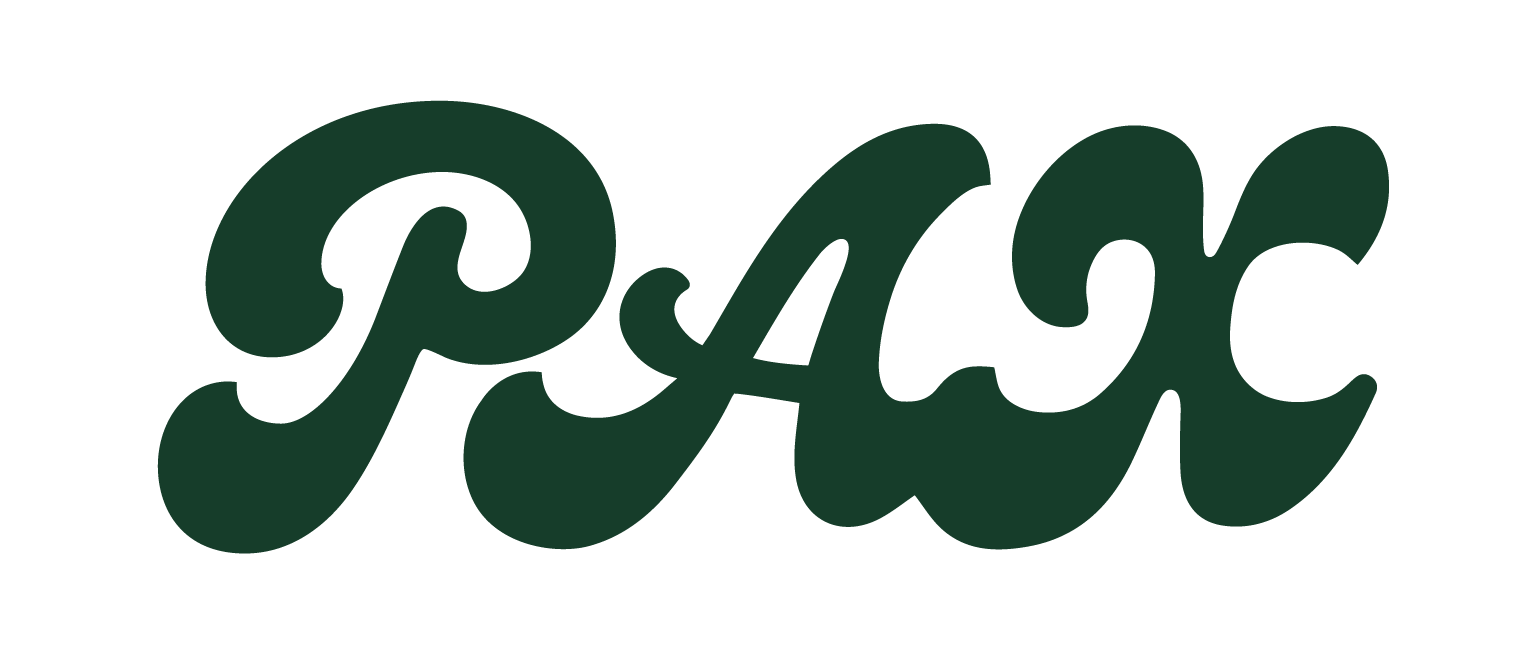
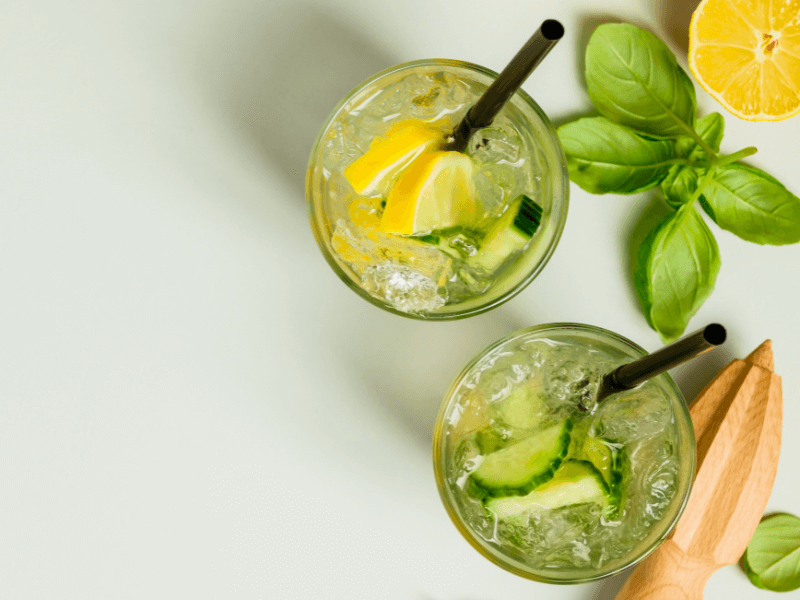
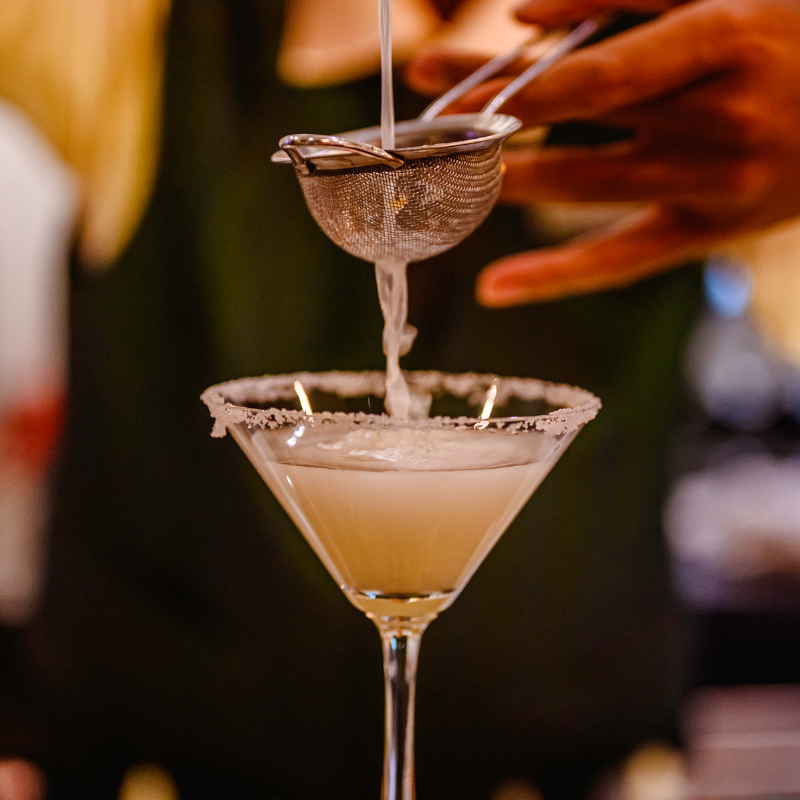
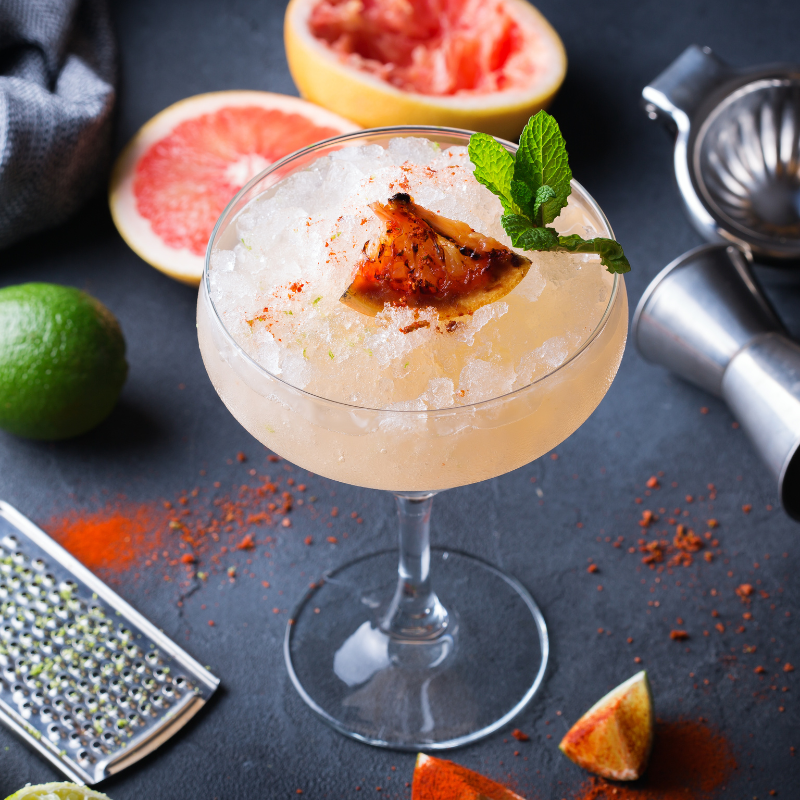
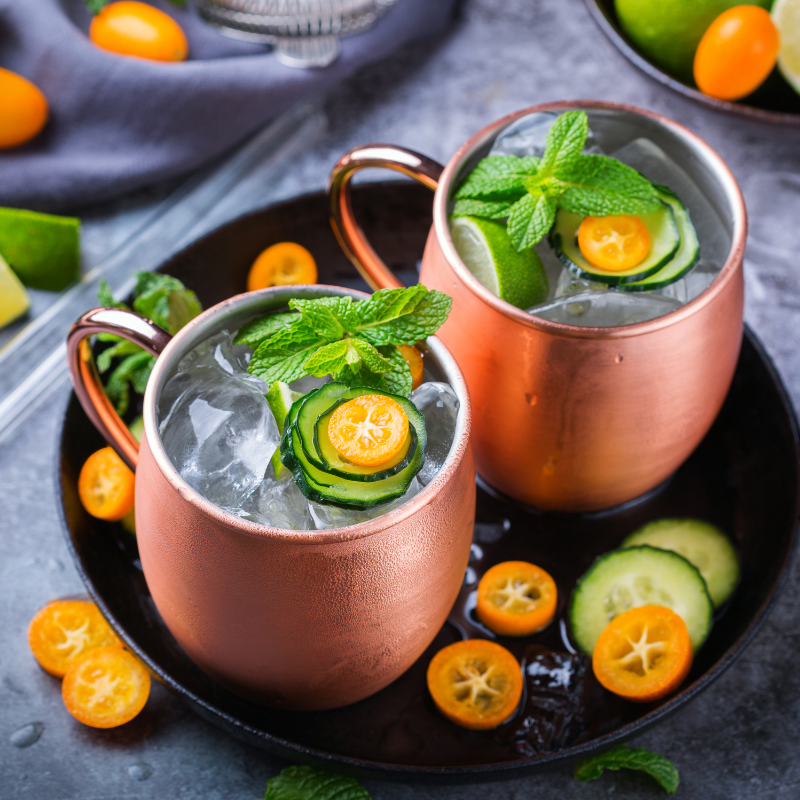
Bhagji Sharbat
March 07, 2025
Great article! Staying hydrated with natural drinks is so important, especially in hot weather. I’ve been exploring sugarless sharbat options, and rose sharbat has become my favorite—it’s refreshing and has a great aroma. I also love how khus sharbat helps in cooling the body naturally. Do you have any other recommendations for sugar-free summer drinks? Would love to try more!
https://bhagjisharbat.com/